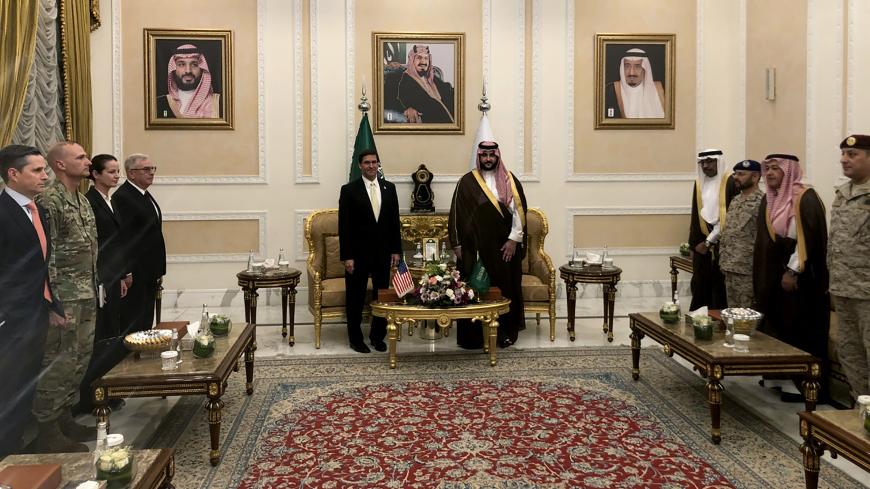On Oct. 9, the Turkish Armed Forces embarked on Operation Peace Spring, a military campaign to expel US-backed Kurdish militias from Turkey’s border with Syria and facilitate the repatriation of refugees to a designated safe zone in northern Syria. Saudi Arabia, the United Arab Emirates (UAE) and Kuwait swiftly condemned Turkey’s actions as a violation of Syria’s sovereignty, while Qatar stood alone within the Gulf Cooperation Council (GCC) as a defender of Turkey’s military intervention.
Although Turkey paused Operation Peace Spring after a US-brokered five-day cease-fire was reached Oct. 17, Ankara’s actions could profoundly impact how the Gulf countries approach the war in Syria and perceive their alliance with the United States, and further complicate prospects for Gulf reconciliation. While the Saudi and Emirati reactions to Turkey’s Operation Olive Branch offensive against Afrin in January 2018 featured ambiguous calls for the creation of an Arab collective security structure and public defenses of the predominantly Kurdish People’s Protection Units (YPG), both countries expressed solidarity with the Syrian state in the aftermath of Operation Peace Spring.



